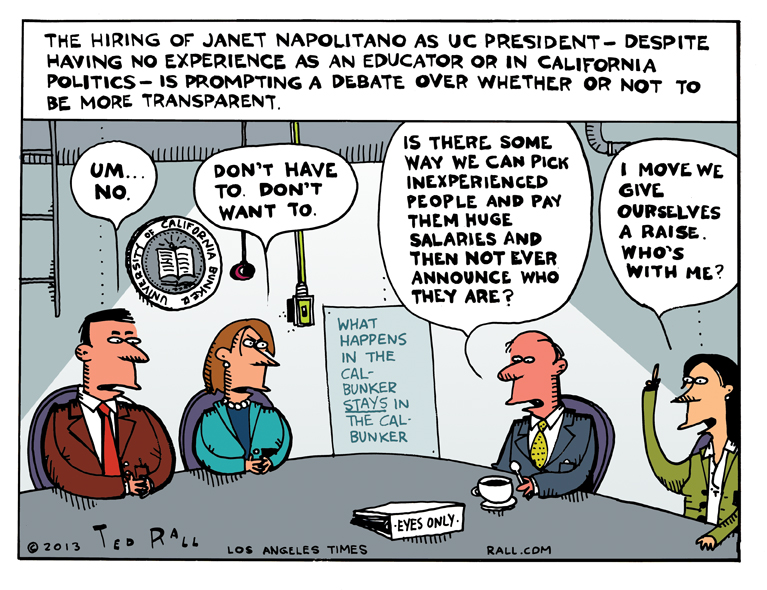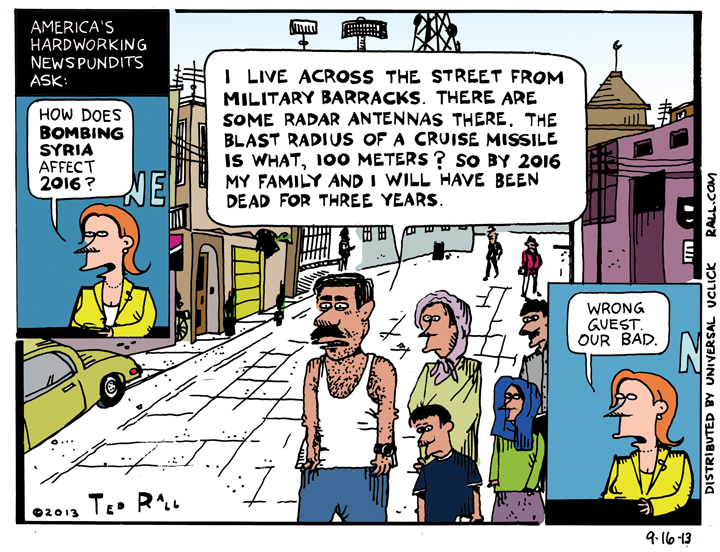Susan here. There is a cartoon that I’ve seen played over and over again, for more than ten years now, and I’m sick of seeing it. And that’s a picture of Iranians working on a “Fatboy bomb”. And it always only one bomb, which they never seem to finish, even after ten years of working on it.
C’mon, cartoonists. This is getting old. If it takes Iranians ten years to make one Fatboy, and they’re still not finished with it, then they are not a credible threat to anybody.












